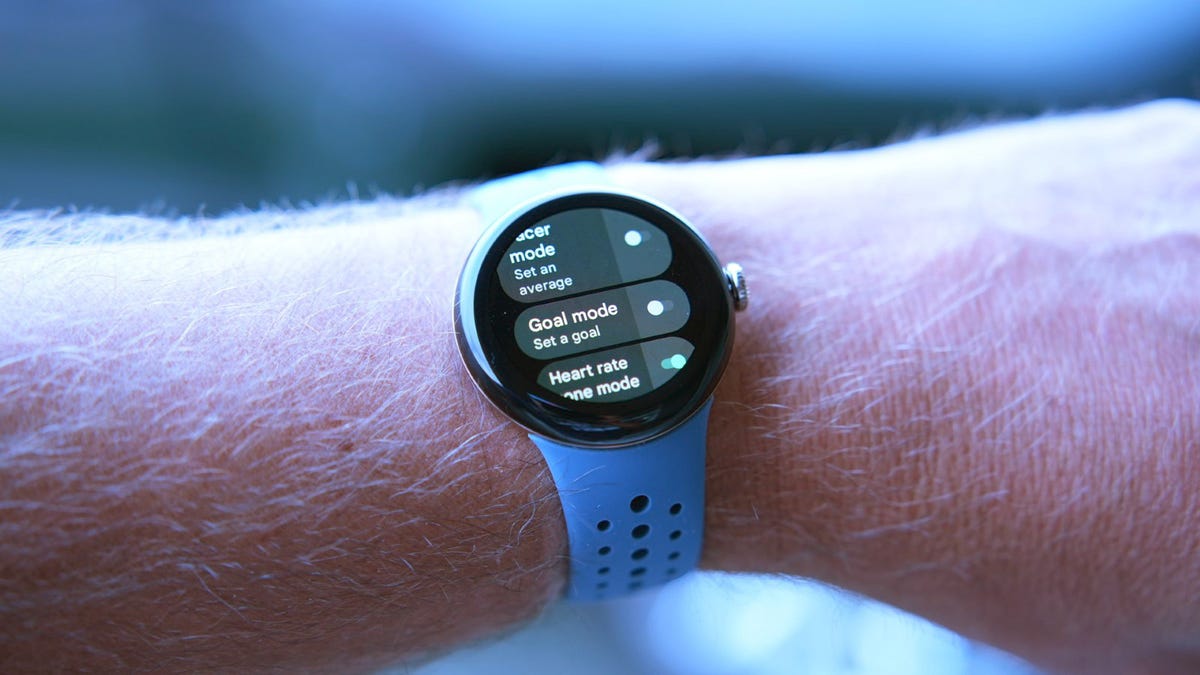DALLAS (AP) — Airlines have banned several thousand passengers since the pandemic started for refusing to wear masks. Now they want most of those passengers back.
American, United and Delta have all indicated that they will lift the bans they imposed now that masks are optional on flights.
“We have talked to them individually,” United CEO Scott Kirby told NBC on Thursday. “Many of them assure us that now that the mask mandate is off, everything is going to be fine, and I trust that the vast majority of them will.”
American Airlines Chief Government Affairs Officer Nate Gatten told reporters that “in most cases,” people who were banned over masks will be allowed back.
“In cases where an incident may have started with face mask non-compliance and escalated into anything involving something more serious — certainly an assault on one of our team members or customers — those passengers … will never be allowed to travel with us again,” Gatten said.
People are also reading…
Delta Air Lines spokesman Morgan Durrant said the airline will restore flying privileges after a case-by-case review and the customer’s understanding of expected behavior.
“Any further disregard for the policies that keep us all safe will result in placement on Delta’s permanent no-fly list,” he said.
Airlines have reported more than 7,000 incidents of disruptive passengers to the Federal Aviation Administration since the start of 2021, when unruliness aboard planes seemed to take off. More than two-thirds of those cases involved passengers who refused to wear a mask.
Several thousand passengers wound up on airline no-fly lists, although the exact number is unclear because American and Southwest have never disclosed how many people they banned.
Alaska Airlines said this week that banned passengers won’t be welcomed back. Southwest said a judge’s ruling that struck down the federal mandate won’t change its decision to bar an undisclosed number of passengers.
There have been enough twists this week in the mask-mandate story to make even a seasoned flyer a bit airsick. On Monday, a federal judge in Florida struck down the mandate, which dated to February 2021 and also covered public transportation including trains, subways and buses. She said the Centers for Disease Control and Prevention didn’t follow proper rule-making procedures.
Within hours, most airlines rushed to make masks optional. When the Transportation Security Administration announced a few hours later that it wouldn’t enforce the rule, many — but not all — airports and public transit systems also made masks voluntary.
Late Wednesday, the Justice Department announced that it will appeal the Florida judge’s ruling. However, the Biden administration did not indicate whether it plans to seek an immediate stay of the ruling — which could allow the TSA to resume enforcing the mask rule.
In the meantime, the FAA’s acting administrator, Billy Nolen, said the agency is making its zero-tolerance policy against unruly passengers permanent. Under the policy, the FAA can seek fines without first issuing warnings to disruptive passengers.
Reaction has been mixed to the end of the mask mandate. On Monday, many passengers cheered when told in mid-flight that they could remove their masks. Other people took to social media to say they didn’t want to fly if other passengers were unmasked.
United’s Kirby and American’s chief commercial officer, Vasu Raja, said they have seen no indication yet that the demise of the rule is affecting ticket sales one way or the other.
Airline officials believe that any increase in customers happy over not needing a mask will be offset by people who choose not to fly because other passengers won’t be masked.
With the rule gone for now, airlines are training their lobbying efforts on eliminating the requirement that international travelers pass a COVID-19 test within a day before boarding a flight to the U.S. Airline officials believe that rule is making Americans hesitate to book international travel because they could be stranded away from home if they contract the virus on their trip.
Copyright 2022 The Associated Press. All rights reserved. This material may not be published, broadcast, rewritten or redistributed without permission.









